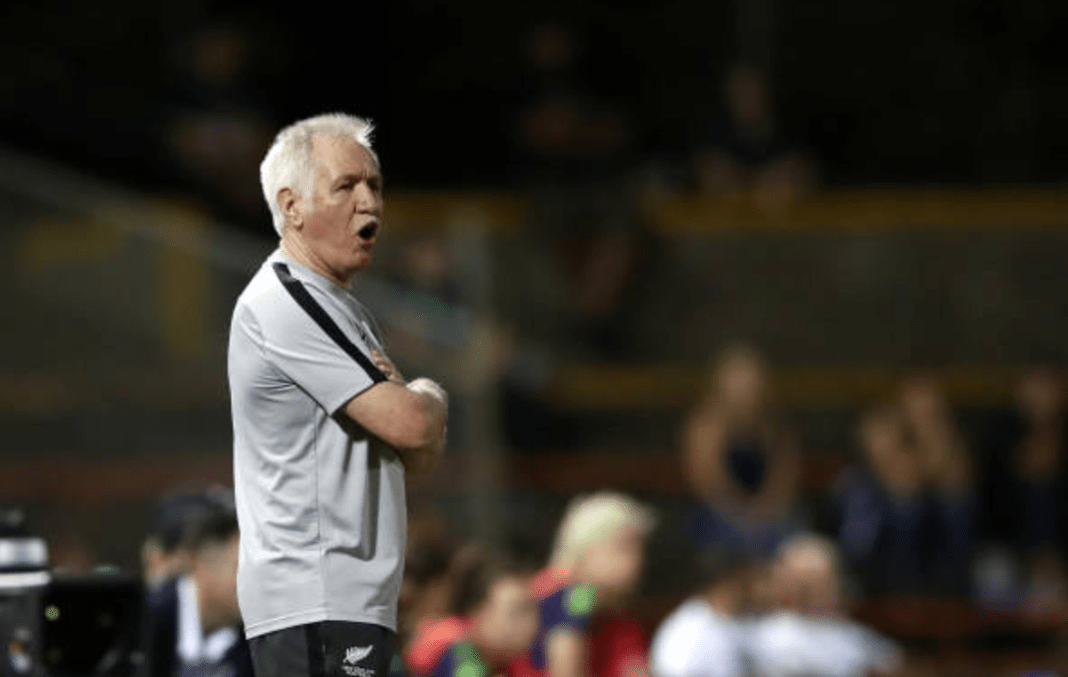
With the release of the PFA’s Professional Women’s Football: The Next Step white paper, talk continues as to the future of the W-League.
Despite having never coached in the league, Tom Sermanni is no stranger to it. His second stint in charge of the Matildas coincided with the creation of the W-League back in 2008, and it was the national team which was set to benefit the most from the birth of the league.
“When the W-League started, there were three main reasons why we needed it,” Sermanni explained.
“One was that we needed a competition to make the game visible domestically. There was no domestic profile.”
https://twitter.com/thepfa/status/1291560836029247488
Between 2004, when the Women’s NSL folded, and the beginning of the W-League in 2008 there was no women’s football competition barring a week long tournament in 2005.
“The second thing was, we were starting to produce more and more players. So we needed a domestic competition to give those players an opportunity to play.
“And the third reason that we introduced it at that time was in the international calendar there wasn’t very much, if any, international football going on. So we needed something to keep our players occupied domestically.”
There is no denying that since its inception the W-League has grown in leaps and bounds. It has evolved beyond its initial purpose as the benefactor of the Matildas. Sermanni acknowledges the league is at a crossroads with multiple challenges coming into the equation.
“Number one is that the national team players are not going to be playing in the W-League in the next season. The virus is going to impact foreign players playing in the W-League. And they’re talking about different dates for the W-League, so the whole dynamic has changed.”
He believes that the W-League needs to adopt a realistic but glass half full approach.
“One of the key things is we don’t get caught up in that battle between comparing our league and the European leagues. All we need to do is say, ‘how do we make our league the very best we can make it?’
“Now, if that means that at the moment, we’re not going to have the Matildas, and we’re not going to have probably quite a few foreign players, then we need to do the best we can with the players we’ve got here.”
https://www.instagram.com/p/CA37dD9heaO/
Although the big name players might be missing there is still opportunity for players, young and old, to drive the league forward. As with most of the women’s football community, Sermanni believes a full home and away season is necessary.
“It’s important to increase the number of games. From day one we were fighting to get the number of games increased. That’s probably one thing that I think’s been poor, is that they still haven’t reached the stage where there’s home and away.”
With an increased fixture list comes expansion. Wellington Phoenix’s push for a W-League license is something Sermanni thinks will benefit both nations.
“I think it’s important for the development of the game down in this area, because I think a strong New Zealand and a strong Australia – they’re better for each other. It’s better than having a strong Australia and a weak New Zealand.”
Sermanni – the Football Ferns head coach – is also an advocate for New Zealand players being considered domestic players in the W-League.
“I think having New Zealanders as domestic players would help strengthen the league, particularly at this juncture where it’s going to be harder to get other overseas players and obviously harder to keep the Matildas in the competition.”
Creating a stronger relationship with New Zealand also makes sense in the wake of the successful As One bid for the 2023 FIFA Women’s World Cup.
https://www.instagram.com/p/CCeymGhBFFy/
The World Cup provides the W-League with a chance to solidify the advances that have been made while continuing to build the competition.
“I think this is a great opportunity for women’s football to really take a stride ahead of all the other sports. Of late, obviously pre-virus, there were some significant challenges to women’s football here.
“The World Cup bid gives us real ammunition to really compete with the likes of AFLW and NRLW and get ahead of the game again, and really establish ourselves as the number one sport in Australia and New Zealand.”






